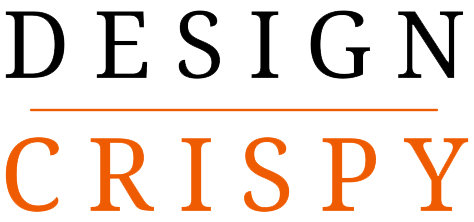Pest control is an essential aspect of maintaining a healthy and safe environment, both in residential and commercial spaces. With the increasing prevalence of pests like rodents, insects, and other unwanted creatures, effective pest management strategies have become more important than ever. The presence of these pests can lead to property damage, health risks, and decreased quality of life. This article explores the various methods and techniques employed in pest control, highlighting the importance of prevention and early intervention.
As we delve into the world of pest management, we will discuss the differences between chemical and natural pest control methods, the significance of integrated pest management (IPM), and practical tips for homeowners and business owners alike. Whether you are dealing with a minor infestation or seeking to prevent future problems, understanding the fundamentals of pest control is crucial. Join us as we uncover the best practices for keeping your environment pest-free and promoting a healthier living and working space.
Understanding Pest Control Methods
Pest control methods can be broadly categorized into chemical and natural approaches. Chemical pest control typically involves the use of synthetic pesticides to eliminate pests effectively. While this method can provide quick results, it poses potential health risks to humans, pets, and the environment if not used properly. On the other hand, natural pest control methods focus on utilizing organic substances, beneficial insects, or biological agents to deter or eliminate pests, ensuring a safer environment. For those in need of assistance, exploring local options can be beneficial; for instance, looking into pest control in Newcastle may provide effective solutions and professional guidance.

Importance of Integrated Pest Management (IPM)
Integrated Pest Management (IPM) is a holistic approach that combines various strategies for sustainable pest control. By focusing on prevention through proper sanitation, regular monitoring, and the proper identification of pests, IPM reduces reliance on chemical treatments while effectively managing pest populations. This strategy not only minimizes health risks associated with chemical exposure but also promotes long-term ecological balance, fostering a healthier environment for all. Implementing IPM techniques can empower both homeowners and business owners to take proactive steps in pest prevention, ensuring their spaces remain pest-free.
In conclusion, effective pest control is vital for safeguarding our health and maintaining a comfortable living and working environment. By understanding the distinctions between chemical and natural methods, as well as embracing the principles of Integrated Pest Management (IPM), individuals can make informed decisions that align with their values and circumstances. Proactive measures, such as regular monitoring and sanitation practices, can greatly reduce the likelihood of pest infestations, ensuring a long-term solution rather than a temporary fix. As we navigate the complexities of pest management, it becomes clear that a balanced approach, combining both preventive and responsive strategies, is the cornerstone of protecting our spaces from unwanted pests while also caring for our planet.

